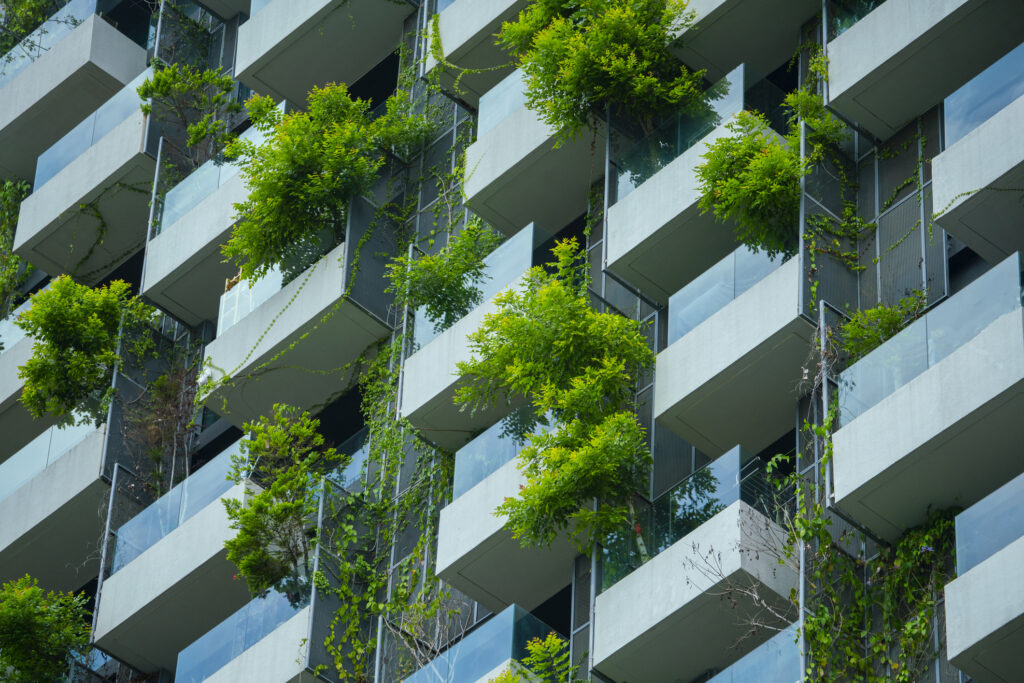Best practice is important, but next practice probably more so, the Saphila conference heard last week. JASON BANNIER reports.
Innovation drives technology, and technology drives innovation. This positive feedback loop has encouraged growth in both areas, but it has also continued to encourage sustainability. This was a key theme at last week’s Saphila 2023 conference at Sun City.
Saphila is a biennial conference for the SAP user group community, hosted by the African SAP User Group (AFSUG) in partnership with SAP.
Sven Denecken, a SAP SVP and chief marketing & solutions officer, showed how using an electric vehicle to earn retail rewards, such as store discounts, was an example of how innovation could encourage sustainability in future. Data from one’s driving routes can be integrated with an AI assistant to create the basis for a store loyalty system. One’s vehicle can then suggest the best charging location for its user, so that shopping and charging may be done simultaneously, while also promoting specific outlets.
Although electricity supply in South Africa is a frustrating hindrance, the continuous evolution of technology may eventually support industry convergences that are currently impractical.
In a later presentation, Timo Elliott, SAP’s global innovation evangelist, showcased SAP innovation award winners to elaborate on this theme:
IWB, a Swiss solar power company that provides for energy to be returned to the grid using a predictive AI model, is embracing “next practice” thinking. This model is used to calculate the load, and how much solar energy will return to the grid. Most solar panels are not connected or internet of things (IoT) devices, but IWB efficiently optimises electrical supply, while embracing sustainability.
Another winner, Gates Corporation, previously required a large manual to operate their hose-crimping product. Nowadays, an iPad-run device is bolted onto the side of the older model, so that one does not need the many-page document to operate it. With the digital transformation of this setup, little training is required, and they can throw out that heavy manual. With the implementation of these IOT devices, a step to new business models has formed. Information is saved and collected on each device.
FreshAirManager is actoVent’s air-purifying service that also takes advantage of collecting data, but in this case to determine air quality levels. After an understanding of the air quality is gathered, the systems adjust the machines by filtering the air so that energy saving is maximised, and CO2 emissions are minimised.
Jumbo Supermarket, a Dutch retail company, wanted to figure out how many croissants and other perishable foods they need to make during the day to minimise wastage and maximise items sold. An app built in collaboration with SAP’s system analysis program development technology, gives rise to a predictive analysis model that has achieved the supermarket’s goal, with an expected 10% reduction in waste.
Saphila showed that companies that emphasised the importance of sustainability have thrived, but they have also solidified their position in their respective industries through their innovations.
